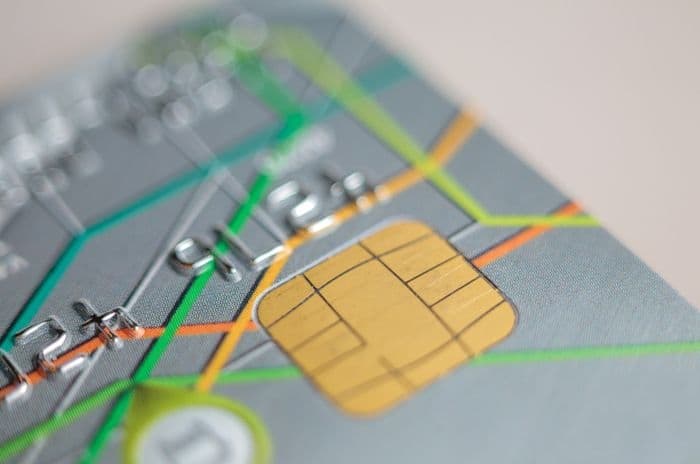Home > Money > News > Pockit prepaid card goes into hibernation, promises relaunch
Pockit prepaid card goes into hibernation, promises relaunch
PREPAID card provider Pockit has gone into hibernation, not accepting any new customers, as it prepares to relaunch.

The rewards card recently secured £1 million in funding from, among others, Sir Alex Ferguson so the return is sure to be masterfully marketed.
But behind all the promotional gumpf, it's not all that clear whether the prepaid card will be beneficial for consumers.
What's in Pockit's pockets?
Pockit is marketed to those with a poor credit history who might otherwise struggle to be accepted for a rewards card.
The card can be to get up to 10% cash back with certain high street retailers. These currently include Marks and Spencer, Comet, Toys R Us, Halifax, Jessops, and Aviva.
Uniquely, Pockit enables cardholders to collect that cash back at the till rather than having to store it up.
Investors say they also see the card as potentially helpful to those who can't access a mainstream bank account.
"There are nearly three million people in the UK who don't have access to full banking which means that they are currently unable to benefit from the convenience and savings shopping online can bring," one prominent Pockit investor, and CEO of Mothercare, said recently.
The Pockit card is issued under the Mastercard brand, giving it pretty much blanket acceptance by UK shops and ATMs, and, like all prepaid cards, consumers can only spend the money they've already loaded onto the card which (arguably) makes budgeting easier.
... And fees
But although Pockit's champions say that the card is all about empowering consumers, the card's fees tell a different story.
Its critics point to the fact that each transaction costs the cardholder the princely sum of 45p. That's a hefty fee, particularly for those using it solely to try and save money by shopping online.
Cardholders are also be charged £1.50 for using the card to withdraw money at an ATM and that increases to a holiday spoiling £2.25 when abroad.
Fees are also incurred depending on where cardholders load the card. The two options for free loading are via BACS or by using a debit card. This obviously isn't that helpful for people who don't have access to full banking.
The other options include topping up at a Post Office, which will cost £1. Using a PayPoint will result in Pockit pocketing a 3% cut of however much is loaded (with a maximum of £249). The rate for using a credit card is 3.5%.
Pockit also limits the amount that can be present on the card at any one time up to a maximum card balance of £3,000 and a maximum monthly load of £5,000.
Like other prepaid cards, there are no compensation schemes to cover losses in connection with the card and cardholders could lose their money were Pockit's boss company (IDT Financial Services) to become insolvent.
In sum, rewards or no, saying that a prepaid Pockit is a good alternative to a basic, free bank account from the high street seems like a stretch.
Investor interest
Despite these problems, Pockit has attracted a lot of investor interest, principally because it was founded by the wealthy Jatania family, the tenth richest Asian family in Britain according to The Financial Times.
Initial seed funding of £500,000 was provided by Danny Jatania in 2012.
The recent round of investment has secured another £1m from the likes of Mothercare CEO Mark Newton-Jones, Denis Shafranik, Simon Barklem, Ian Langley, and, as already mentioned, Sir Alex.
Get insider tips and the latest offers in our newsletter
Get insider tips and the latest offers in our newsletter

We are independent of all of the products and services we compare.

We order our comparison tables by price or feature and never by referral revenue.

We donate at least 5% of our profits to charity, and we aim to be climate positive.
Latest News

26 October 2022
Cost of living showing worrying trends in affordability
16 June 2022
FCA warn lenders on cost of living difficulties



Comments (1)